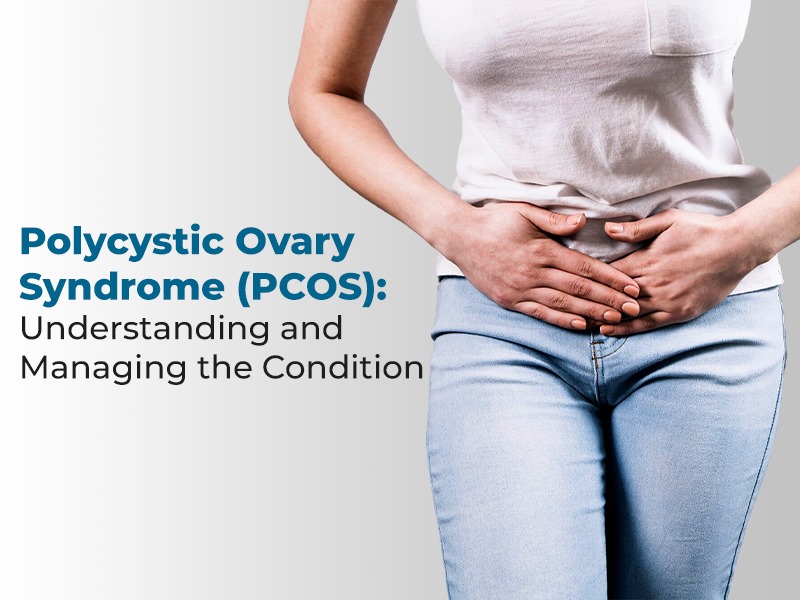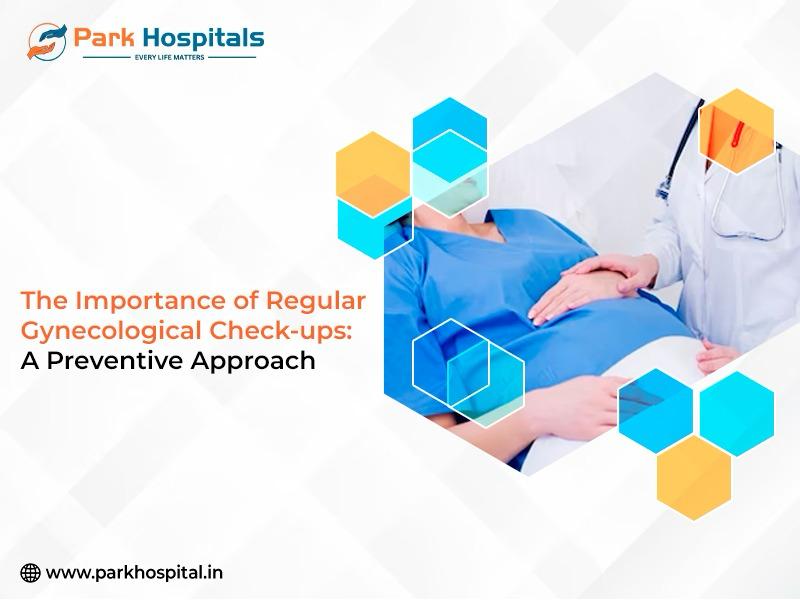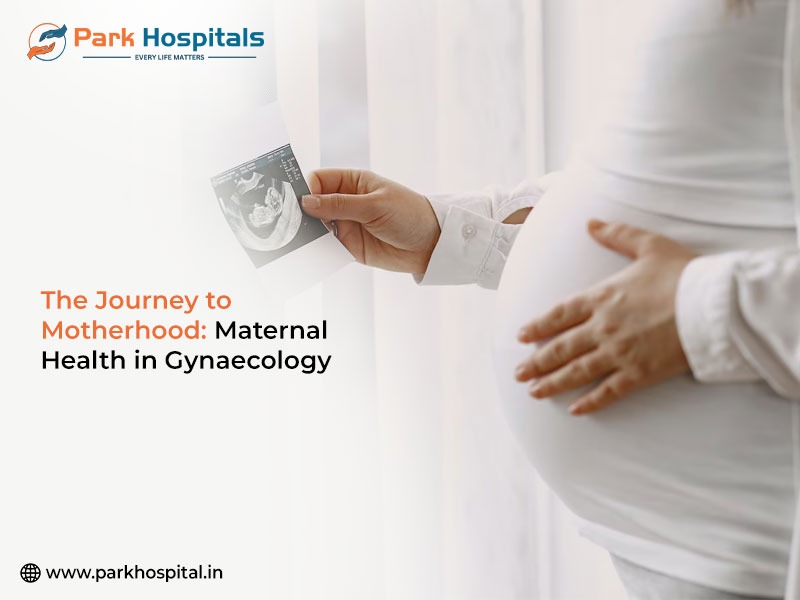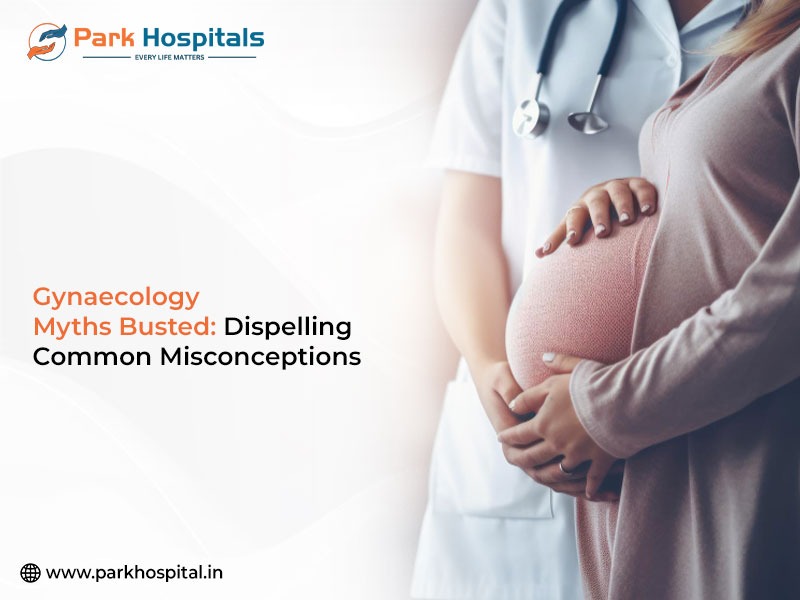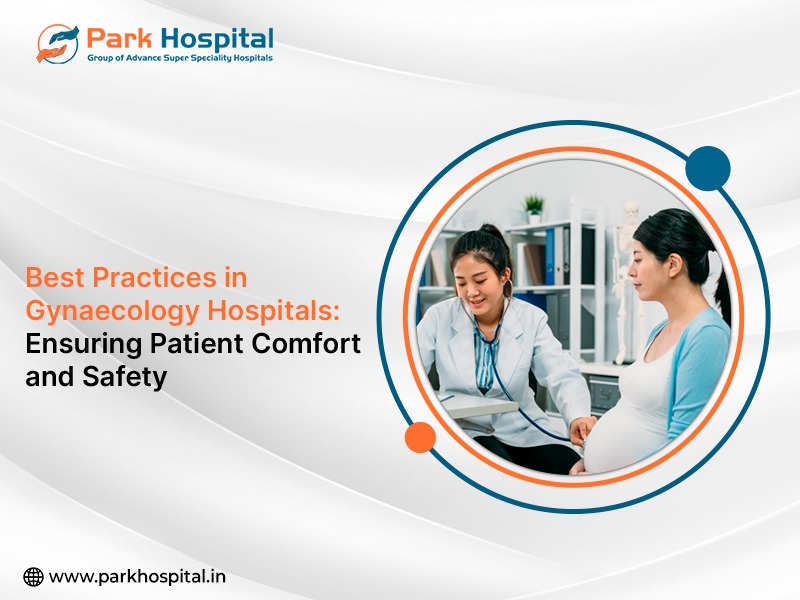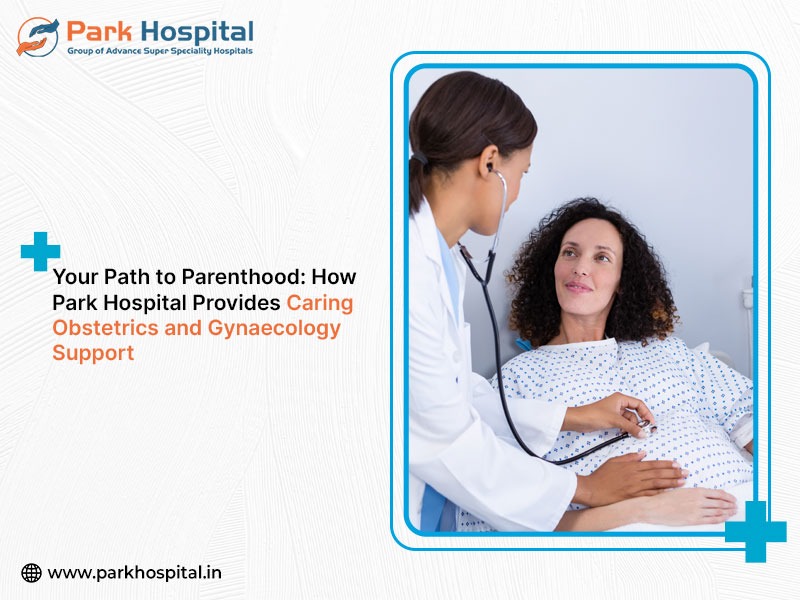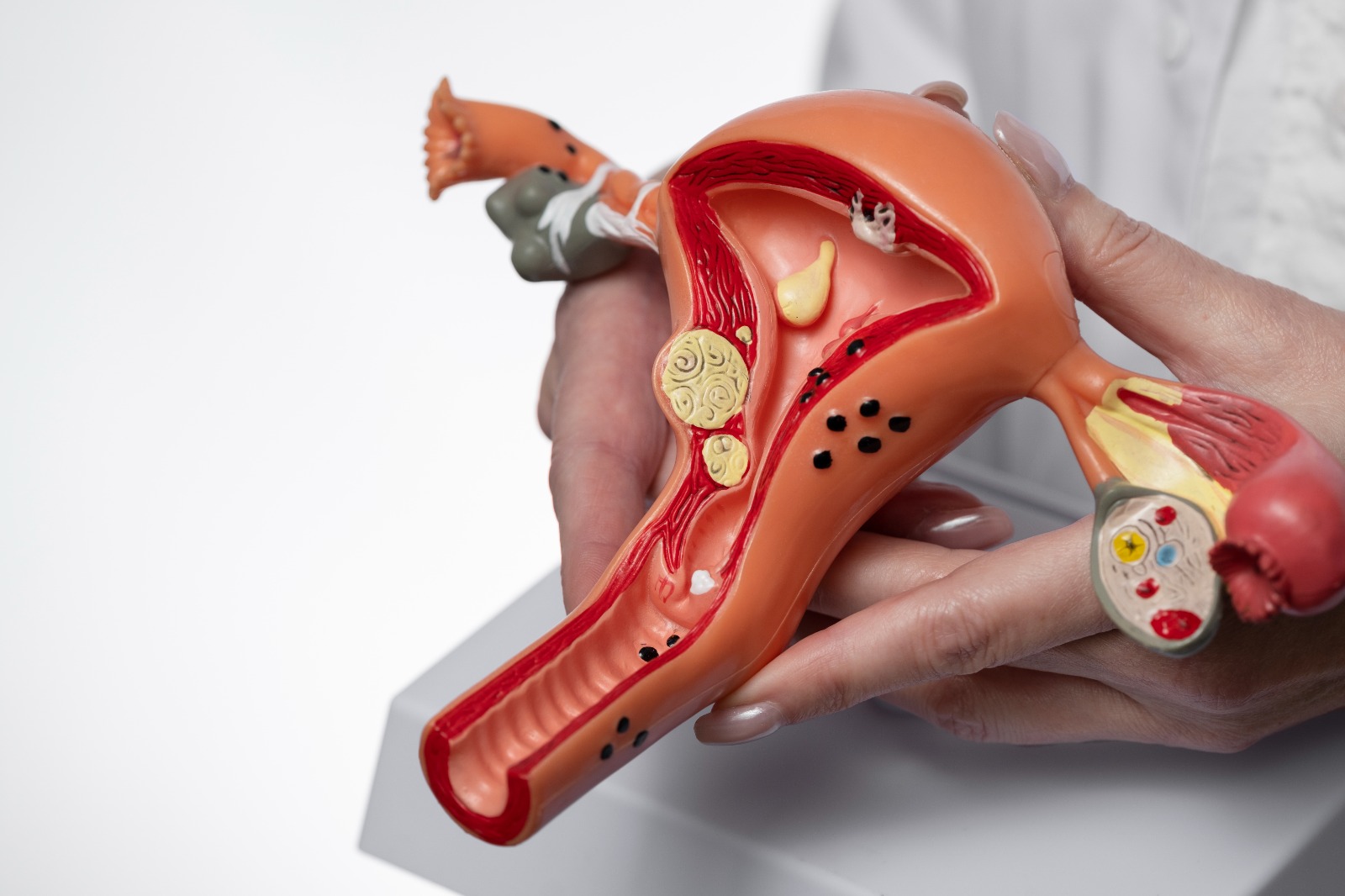You can never completely know what to anticipate when you give birth, regardless of you being ready with a detailed birth plan. The time of delivery is one of the most awaited times. You and your partner go through a range of emotions while making sure everything is in place and right. A woman can have either normal delivery (also known as vaginal delivery) or cesarean delivery (also known as C-Section).
If you're pregnant, you may be wondering what the best way to deliver your baby is. But before you make your delivery plan you must know what to expect during delivery. This includes:
Type of delivery (C-section or vaginal)
Delivery will be dependent on your and baby's health
How long will the C-section take?
What to expect after the surgery is done?
While there are not many things to think about if you are going to have a normal delivery, however, you must be prepared for C-section too. The clinical obstetrics and gynecologists at Park Hospital have listed down things you must know about cesarean delivery.
What Is a C-Section?
When a baby is delivered surgically through incisions on the belly and uterus rather than vaginally, it is known as a Caesarean section or C-section. These types of births are becoming increasingly more common across the globe. The rates have increased almost by 50% in the last decade.
In some situations, obstetrician will foresee that a woman would need to deliver via C-section and will make preparations for it beforehand. A scheduled Caesarean section may be necessary for the following reasons:
If the mother has certain illnesses which can be passed to the baby during vaginal birth such as HIV or active genital herpes,
If the mother has specific bodily disorders, such as severe heart disease, severe HT disorder.
If the fetus has specific medical issues, such as macrosomia, which occurs when the baby is too big, or IUGR when the baby is too small (disproportionate baby/ pelvis size/ CPD).
If the baby is in the breech, which is when it is in the feet- or buttock-first position and cannot be turned around
Placenta issues (low lying placenta, detached placenta, adhered placenta )
Multiple pregnancies
If the mother had a Caesarean section in the past within a short interval
A pregnant woman might undergo an unplanned C-section due to the following conditions:
The baby is in distress, it is determined that the baby is too big to fit through her pelvis, She is too exhausted to continue pushing, or the baby�s heart rate is abnormal.
The umbilical cord emerges before the baby does, which could cut off the baby's oxygen supply.
Even after 24 hours, her cervix is not dilating despite contractions/failed induction.
C-Section Recovery Tips
Recovery from C-section is smooth. Self-care, setting reasonable expectations, and having a supportive medical team can make the recovery from a cesarean section easier. Most women undergoing a C-section receive a spinal block. It can take a few hours to regain sensation after such a block, making it impossible to move so most women will have a catheter for 10-12 hours to help them urinate.
It is common to feel pain at the incision site and post-birth cramps as the uterus shrink so you might need some painkillers. Also to keep watch on any infection you are carefully monitored and given some antibiotics. You are discharged usually after day 3/ day 4. You can speed up your recovery from a C-section with the following methods.
Get rest, relax your body. You might be asked to get up and move around a little to mobilize your muscles. Don't be alarmed, it is important.
Follow your doctor�s instructions exactly. If you have any questions, ask them.
Take it easy after surgery. Don�t try to do too much right away, and don�t lift anything heavy until your doctor says it�s okay.
Avoid overexerting yourself
Rest � especially after the first couple of days � is key for healing properly.
Follow the diet plan
Ask for help for a newborn
Follow lactation advice
Avoid constipation
Post-delivery physiotherapy
Park Hospital is one of the best gynecology hospitals in Delhi. We offer state-of-art treatment while taking care of everything that would be required during labor. Our gyne surgeons will guide you throughout the pregnancy offering the best care and advice. Becoming a parent is a life-changing experience, we make sure you have the best one!













